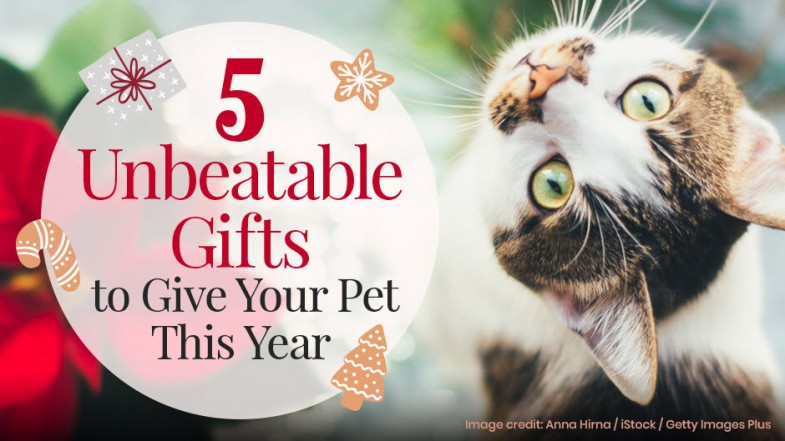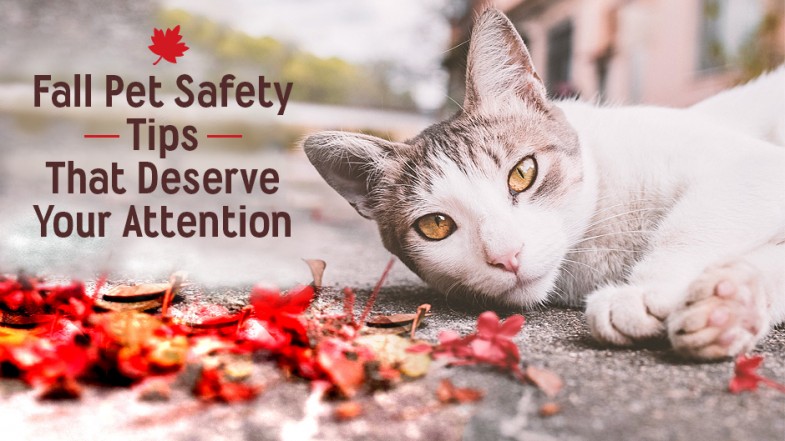Magnolia Veterinary Hospital News
Preventive Care Explained: How Small Steps Make a Big Difference

When was the last time your pet saw the veterinarian for a checkup, not because they were sick, but just to stay healthy? Preventive care is one of the most important ways to give your pet a longer, happier life. It’s not about doing one big thing. It’s about the small, consistent steps that help avoid bigger health problems later on.
The Busy Holiday Season: Making Time for Your Pets

The holidays are full of sparkle, laughter, travel, and to-do lists a mile long. As joyful as this season can be, it often means busier schedules and less time for everyday routines. In the middle of the holiday rush, it's easy to overlook one very important family member: your pet.
Categories
Recent Posts

As the holidays approach, you’ve probably switched into Santa-mode and started making a gift list and checking it twice. And like most pet parents, you probably buy your pets something extra special to thank your best friends for being oh-so-amazing! If you’re still deciding on the perfect present for your pets this year, we have some unbeatable ideas that your pets are sure to appreciate!

When you see the holiday through your pet’s eyes, the big guy in the red suit may seem kind of frightening. And that’s not all - the home filled with scents of tasty but possibly unhealthy and dangerous foods, the noise of the door opening and closing as guests arrive makes their hearts race, strangers scares them, and ornaments look an awful lot like toys. Plus there’s the tree - which looks like an indoor bathroom to your dog.

Don’t let your pet “fall” into some of the most common safety hazards we see this time of year. Fall may be the most beautiful season to some, but there are unique risk factors you can prepare for. If you’re anything like most people, you breathe easier this time of year.